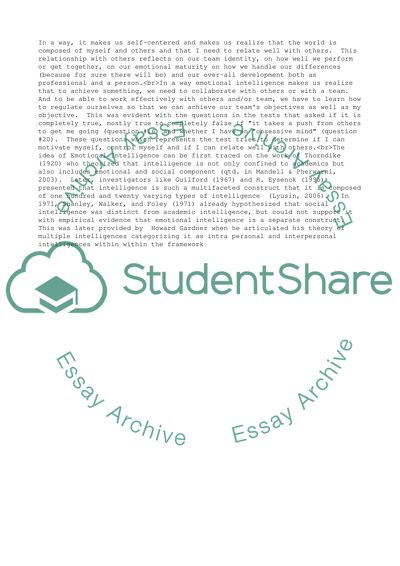Cite this document
(“About emotional inteliqence Research Paper Example | Topics and Well Written Essays - 1000 words”, n.d.)
About emotional inteliqence Research Paper Example | Topics and Well Written Essays - 1000 words. Retrieved from https://studentshare.org/management/1630233-about-emotional-inteliqence
About emotional inteliqence Research Paper Example | Topics and Well Written Essays - 1000 words. Retrieved from https://studentshare.org/management/1630233-about-emotional-inteliqence
(About Emotional Inteliqence Research Paper Example | Topics and Well Written Essays - 1000 Words)
About Emotional Inteliqence Research Paper Example | Topics and Well Written Essays - 1000 Words. https://studentshare.org/management/1630233-about-emotional-inteliqence.
About Emotional Inteliqence Research Paper Example | Topics and Well Written Essays - 1000 Words. https://studentshare.org/management/1630233-about-emotional-inteliqence.
“About Emotional Inteliqence Research Paper Example | Topics and Well Written Essays - 1000 Words”, n.d. https://studentshare.org/management/1630233-about-emotional-inteliqence.


